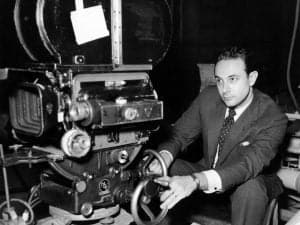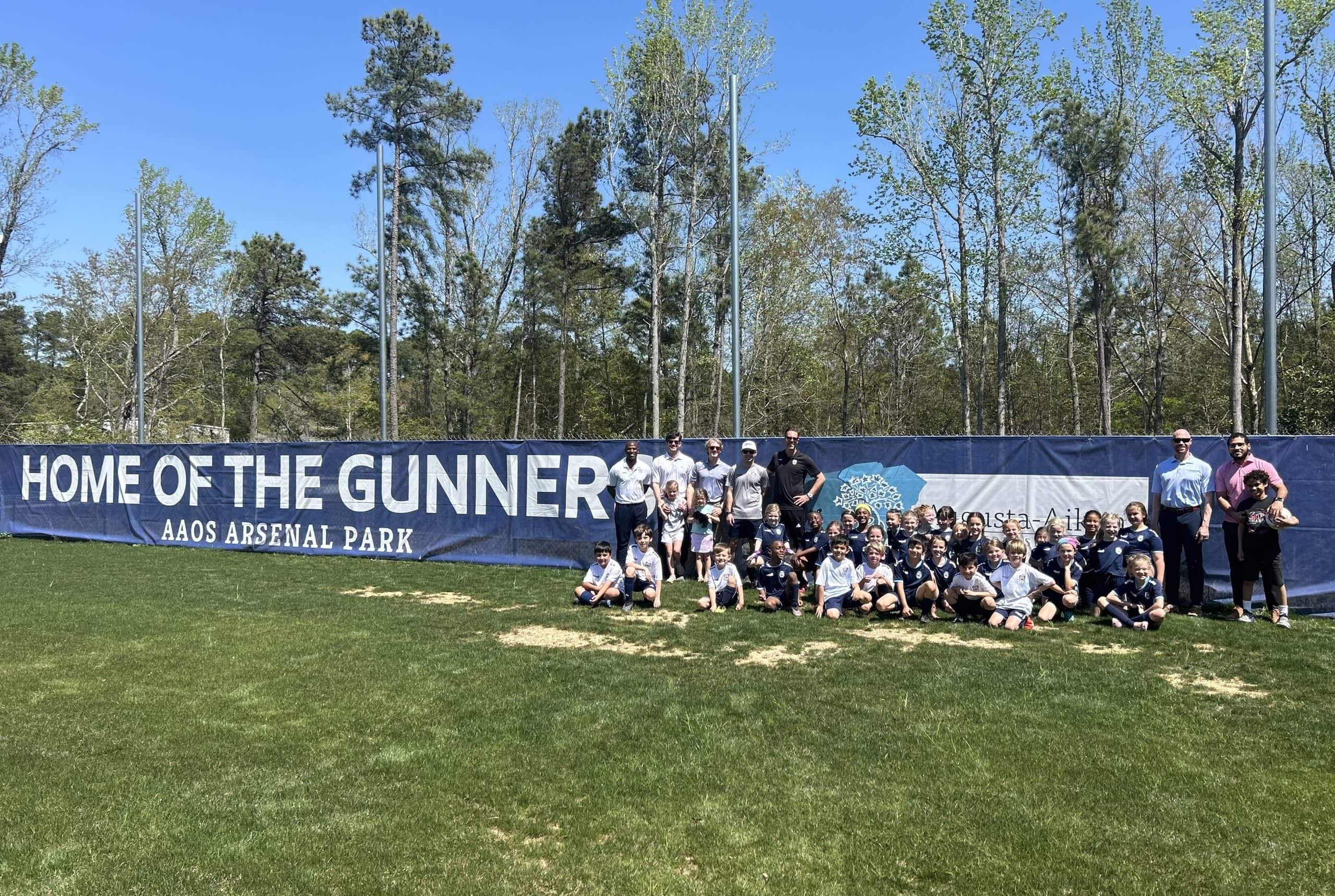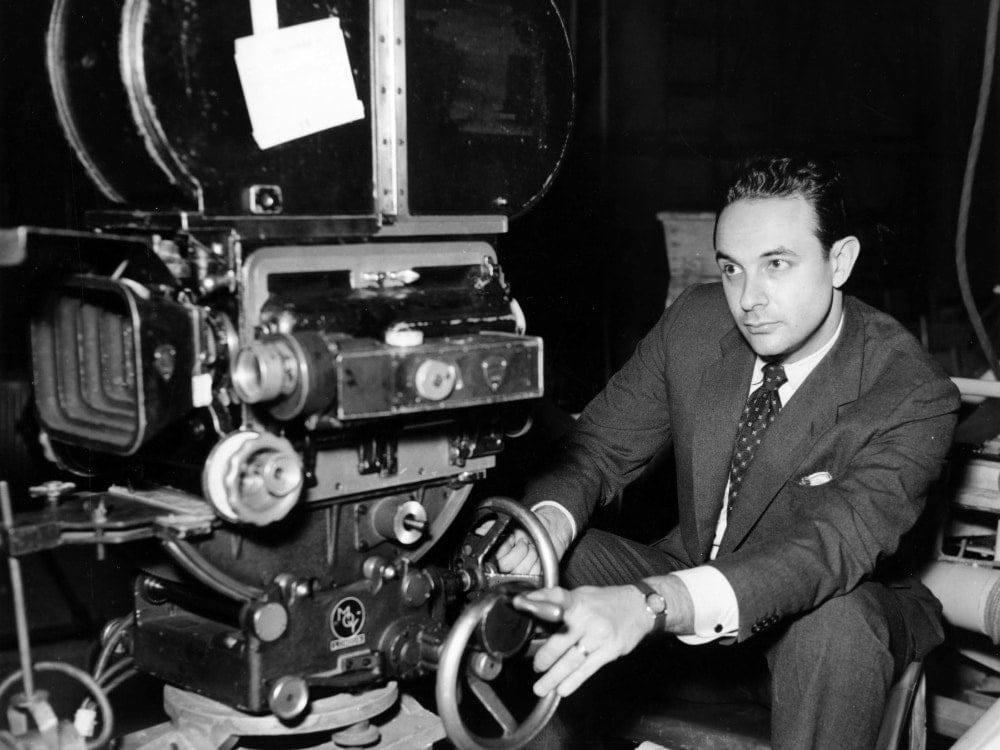
Dr. Rick Franza, Dean of the Hull College of Business, discusses a different, timely business topic each Monday in this column. This week, with statistics showing that less than a third of Americans qualify as financially literate, he discusses some proposals to increase financial literacy, especially among students. The interview has been edited for clarity and impact.

ABD: Let’s start by defining what is meant by financial literacy.
Rick: Financial literacy is being able to manage your finances. It’s understanding things like budgeting, credit, investments, interest rates, and savings.
ABD: Various studies have found some grim numbers – only 34 percent of Americans can pass a financial literacy test, 38 percent have credit card debt and 44 percent don’t have enough cash saved to handle a $400 emergency. What are the problems associated with financial illiteracy?
Rick: People get into financial trouble because of it. They get in the hole with debt. Anytime they make a major purchase they’re susceptible to getting a bad deal. More people are in financial straits than ever and it’s going to get worse because before, we were getting money at lower interest rates.
ABD: So how did we get into this situation?
Rick: We’re a very consumptive society. I’ve always been a saver but that isn’t the mindset these days. And people tend to learn about finances on the fly. Speaking from personal experience, I’m not a wizard of Wall Street. People assume because I’m the dean of a business college I know a lot – I know a decent amount – but I haven’t done a great job with my children of teaching them. They weren’t interested, but they’re out of college so they’re interested now.

ABD: How do we go about teaching people financial literacy?
Rick: I’ve been beating the drum for financial literacy classes for a few years and have been trying to get financial literacy as a general education requirement in the University of Georgia systems. I haven’t been successful yet. But Georgia recently became the 13th state to require financial literacy classes in high school. One of the areas our accreditation people want business colleges to work on is making a positive impact on the community and we’re thinking that could be financial literacy for K-12 and college, even for adults.
ABD: What would this financial literacy curriculum include?
Rick: It’d be the basics. The most basic thing is budgeting, something less than half of Americans do. Another thing is understanding credit – why to maintain a good credit rating and why you shouldn’t use too much credit. Other things like the importance of saving, setting up an emergency fund, making investments and the risks related to them, and understanding the impact of big purchases, like a house and car.
We’re still trying to figure out how to best do this locally. We’re piloting some things for younger children at Jessye Norman School of the Arts. There are still lots of things to explore.
ABD: Obviously, it’s great to teach this to kids at an early age. But what about people who are beyond school age? Should we all go to something like Dave Ramsey’s financial classes?
Rick: Whether you believe in the Ramsey method or not, if you read enough stuff by him or Suze Orman, you can learn it on your own – if you put enough effort into it. There’s lots of information available about personal finances in books and on the internet. You can make yourself pretty smart that way. I’m reading a book now called Money Magic by Laurence Kotlikoff, that’s a good one.
ABD: What is the benefit for society if people become financially literate?
Rick: It’ll make a huge difference. There are lots of studies that show a linkage between poor finances and poor mental and physical health.
If people save and/or invest more, more money will be in the system. People will be able to donate more to charities and it improves the tax base, so there’s an impact on society in general. It can even make a difference in employment. When companies do background checks on prospective employees, one of the things they do is a credit check. I’ve talked to local business people who say they definitely look at that.
ABD: Financial literacy seems important to lots of businesses. Can they help your efforts?
Rick: It’s on the minds of lots of people. Queensborough and SRP banks already are active in this area. But I’ll be glad to talk to anyone willing to donate some time to this.














